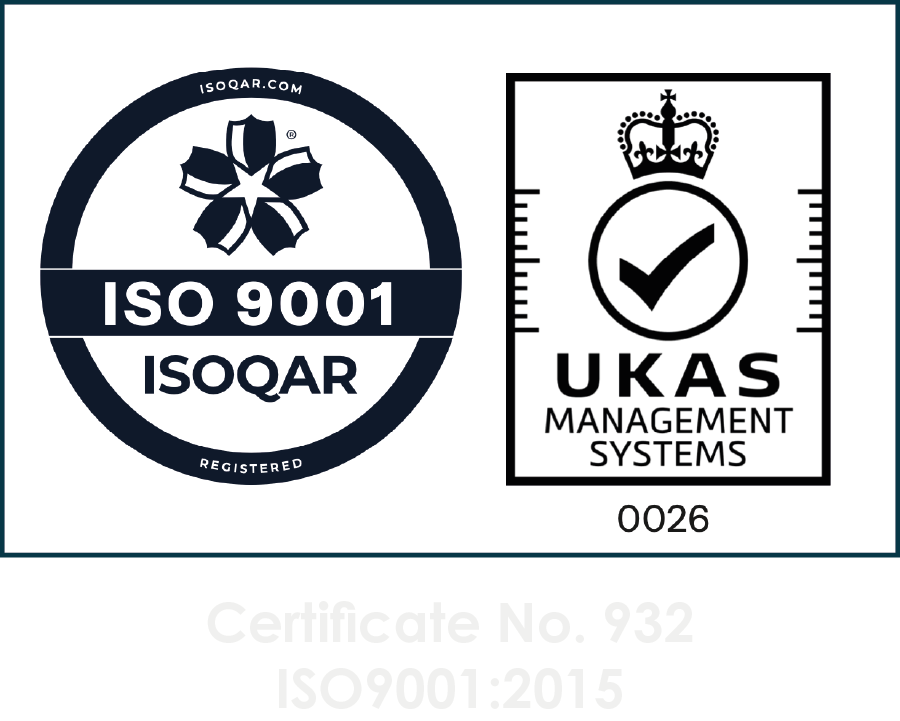We at Sewells have found that good, old fashioned selling skills are becoming more and more difficult to find. When salespeople take the wrong approach in striving to sell successfully, many of the most important aspects of the process are neglected, and the desired outcomes become increasingly more difficult to achieve.
The following seven principles emphasise those important facets of the process and will create tremendous improvements in bottom line results, customer retention and customer satisfaction. They focus on value instead of price, make the customer the centre of attention rather than the ‘latest offer’ and build value for the customer at every stage of the process:
The Seven Principles Explained:
- Good sales people make the customer feel like they are the most important person in the room. They lean forward slightly and listen to every word they say for clues that will let them fulfil customer needs. They don’t interrupt and are never too busy to answer their questions.
- Good sales people work as facilitators, coupling each customer with the perfect product or service. You can tell when a given product or service offers incentives to the sales staff over and above the other products or services because that’s the one all of them try to sell. They don’t care if it’s a good fit or not. A good sales person will fit the right product with the customer based on need, not greed.
- Good sales people make sure customers are educated. As a consumer, it is difficult to make an educated decision until you have all the facts. What is good and bad about a product? What are the warranties if you have a problem? Can you bring it back to the place you purchased it, or does it have to be sent cross country to a service outlet? A good sales person communicates effectively, giving the customer the information needed.
- Good sales people take care of the customer without pushing. If you know your product and can answer questions intelligently, you don’t need to be pushy. Most good products will sell themselves if you take the time to learn about them. Being upbeat about a product does not mean bowling a customer over with your personality, or with every feature of the product. When you take the time to really know your product, no matter what it is, you can speak softly and confidently, as your product will be your big stick.
- Follow-through is paramount to customer retention and referrals. How many times are you too busy to return phone calls, or send a quick “thank you”? Most of us in sales forget these little things are what bring customers back. On average it takes about £300 – 500 to bring in a new customer, but only about £2 to keep one. Invest in a book of postage stamps and some little thank you notes. Return phone calls the same day. When you make a sale, let them know you appreciate them. They will come back because they were recognised as human beings, just like you and me.
- Ask for referrals. If you know the customer is pleased with your work, there is nothing wrong in asking if a customer knows a friend, or relative, who might benefit from your help. Letters of referral are also great. These can be filed or added to a résumé or portfolio to show others your quality of work.
- Take care of your business and it will take care of you. By applying the concepts listed here you are investing in you the sales person. Know your product – whether it is washers and dryers, or graphics.Use common sense manners, and don’t push. Ask for the referral when the sale is complete. These are old fashioned principles that have been around for decades, but they are tried and true.
Does This Approach Work?
Well let’s look at some figures from previous work we’ve done with our clients.
80 person engineering company:
- Sales up from £800,000 per month to £1,200,000
- Annual profit up from just above breakeven to over £600,000
230 person transport company:
- Profits up 64% in one year
10,154 person retailing organisation:
- Sales up from £2.1 billion to £6.9 billion in two years
- Profits up from £226 million to £955 million in three years
- Share price up from £26 to £148 per share
What are you waiting for? The business transformation you need and want is waiting for you… with our help.



